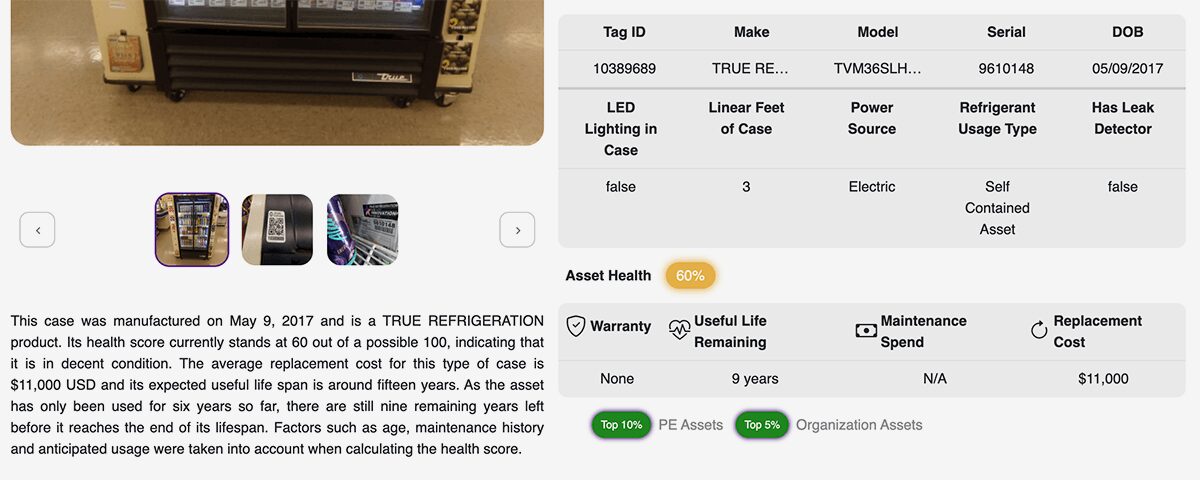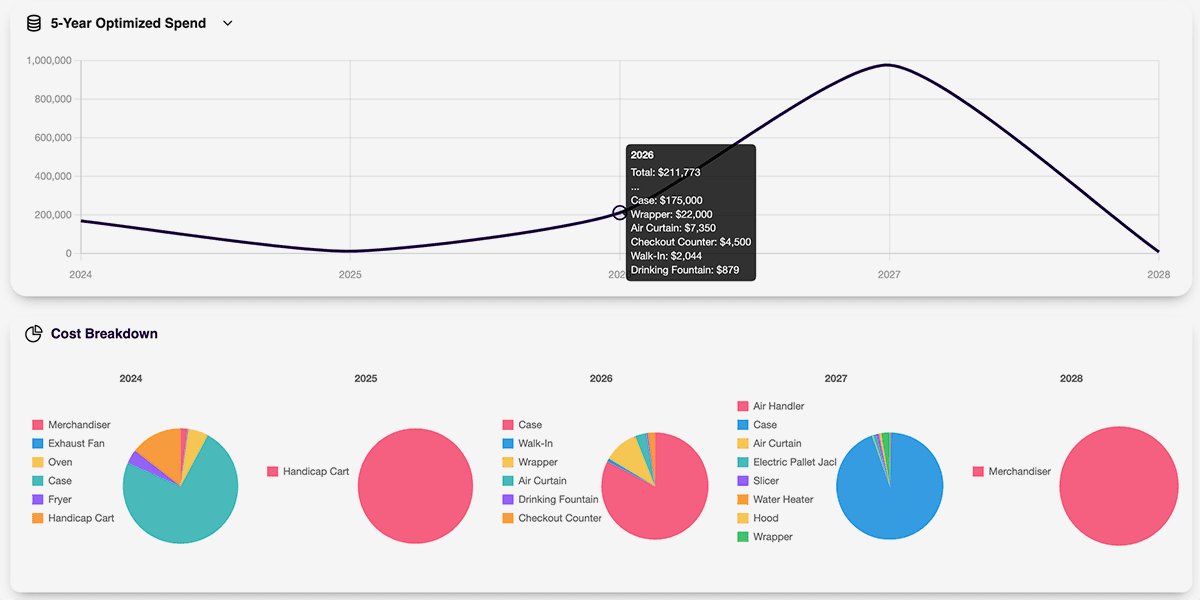Facility managers have to be sure they are maintaining their mechanical and operational equipment—their “fleet,” as it were—in an economically sound and cost-effective way. Good fleet lifecycle management requires knowledge about the financial implications of any decisions made for the enterprise overall, from small-scale upgrades and routine maintenance to major initiatives like big-ticket purchases. Gaining a better understanding of how best to budget for optimum management of your facility is vital for achieving maximum savings and financial effectiveness long-term.
For the most part, facility management decisions are driven by cost considerations. This includes deciding “when to hold ’em and when to fold ’em”—in other words, when to repair and when to replace. Having a good understanding of how facilities management expenses impact your budget is critical for ensuring that you’re getting the best value for your money. It also helps determine where the financial resources should go to drive greater efficiency and productivity.
In addition, there may be certain regulations that need to be adhered to when it comes to managing physical resources. Facility managers need to ensure that they are aware of any specific local, state, or federal laws and guidelines that could impact their decision-making process. This will help to ensure that they are compliant with the necessary regulations and avoid costly penalties.
Finally, it’s important to be aware of industry best practices when it comes to facilities management. Due diligence is required to understand what other businesses are doing and how they manage their financial processes.
Data Fleet’s Property Echo platform, which is an integral part of their Asset Information Management (AIM) software offering, is designed to provide facility managers with this crucial knowledge in a compact and easy-to-understand interface.
Budgeting and Financial Cost Control Metrics
Property Echo allows facility managers to keep track of their budgeting and cost control metrics to make informed decisions about their facility’s equipment. It provides an easy-to-view dashboard showing all relevant financial information, such as capital expenditure, operating expenses, asset utilization, and equipment health. This detailed overview gives facility managers a better idea of their current financial situation and allows them to create effective budgeting strategies.

Property Echo also helps facility managers gain insights into their financial performance over time, allowing them to identify areas where they can improve efficiency and drive savings. Additionally, it provides information on industry trends and best practices for facilities management, helping users stay informed about the latest developments in the market. Overall, Data Fleet’s Property Echo platform gives facility managers the ability to make informed financial decisions that will drive long-term savings and efficiency.
Lifecycle Costing Predictions
Property Echo’s asset lifecycle management costing predictions feature helps facilities managers make informed financial decisions about long-term equipment investments by identifying the most cost-effective way to manage their equipment over its expected life span. Property Echo provides detailed insights into future wear and tear, cost of ownership, maintenance requirements, and replacement costs. These insights support facility managers in their capital planning budgeting process to plan ahead for big investments by forecasting potential expenses in advance.

By using information from the Property Echo platform, facility managers can develop the total cost of ownership and plan their budgets accordingly. This allows them to make informed decisions about long-term investments, ensuring that they are getting the best value for money in terms of both quality and cost. Ultimately, lifecycle costing predictions help facility managers maximize their financial resources while still maintaining high standards of service.
Property Echo’s ROI in Preventive Maintenance
Preventive maintenance can be a great way to save money in the long run, as it helps facility managers reduce the cost of repairs and downtime. By having better insight and awareness about their most critical assets, businesses can ensure that their equipment is running as specified and efficiently, which helps to prevent costly breakdowns and unexpected expenses, as well as help to extend the lifespan of equipment. In short, this means that businesses can get more out of their investments.
The return on investment for preventive maintenance will vary, depending on the type of facility and the specific equipment being serviced. In general, however, businesses can expect to see significant savings over time when they invest in asset condition awareness and adopt preventive maintenance. For example, it has been estimated that for every dollar spent on preventive maintenance, businesses can save up to four dollars in the long run by reducing the need for emergency repairs or equipment replacement.
In addition to cost savings, it also helps businesses improve safety standards and provide better service to customers. By investing in regular servicing, facility managers can ensure that their equipment is running at optimal performance levels and reduce any potential risks associated with faulty equipment. Overall, preventive maintenance offers facility managers a great ROI when it comes to long-term savings and improved customer service.
In conclusion, letting Property Echo and Data Fleet’s AIM solutions help you master the financial aspects of facilities management is key for ensuring that budgets are being planned effectively and resources are being used in a cost-efficient manner.

















